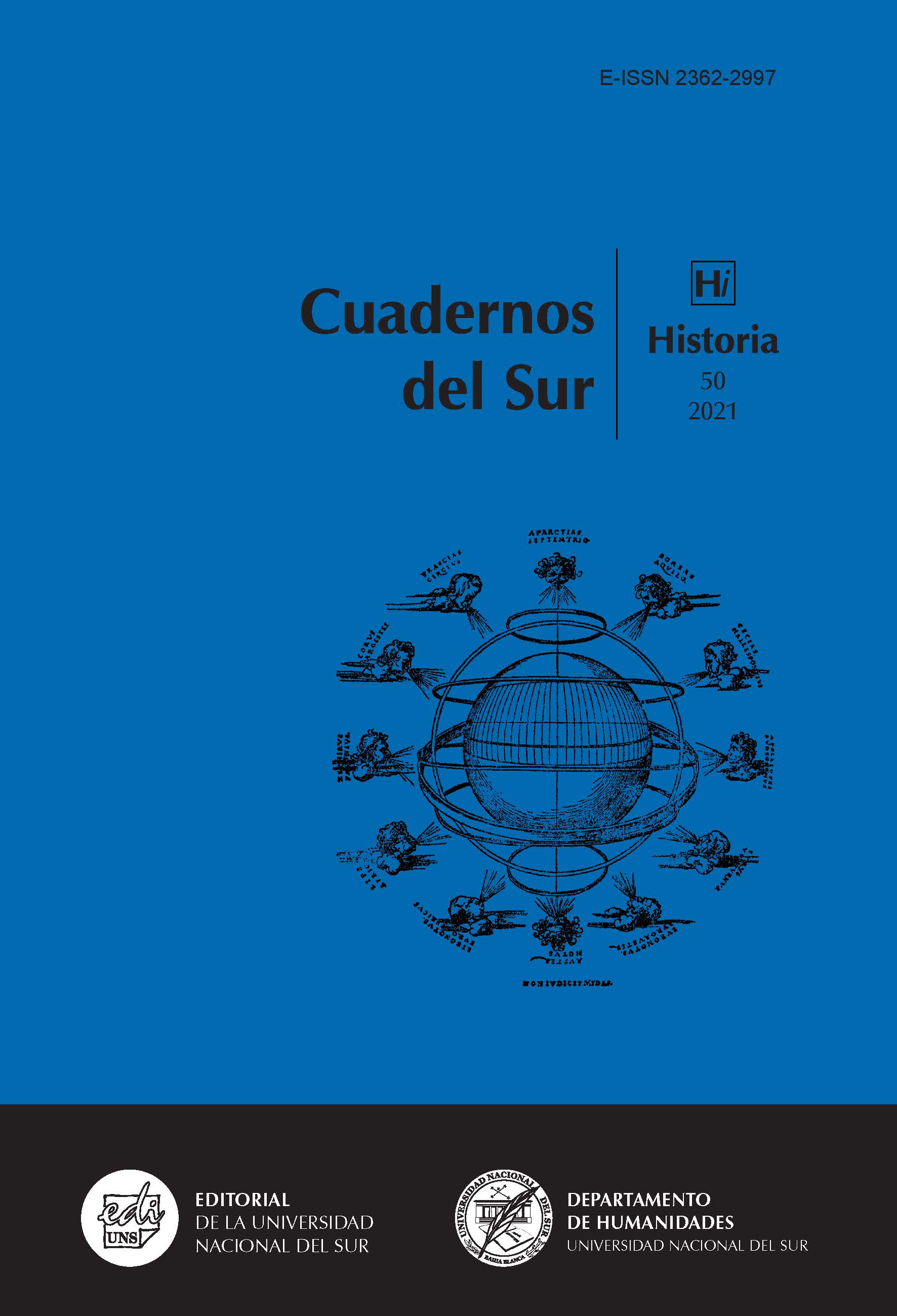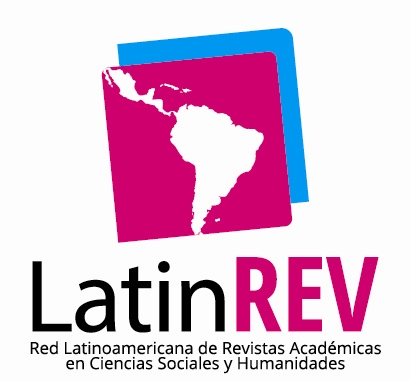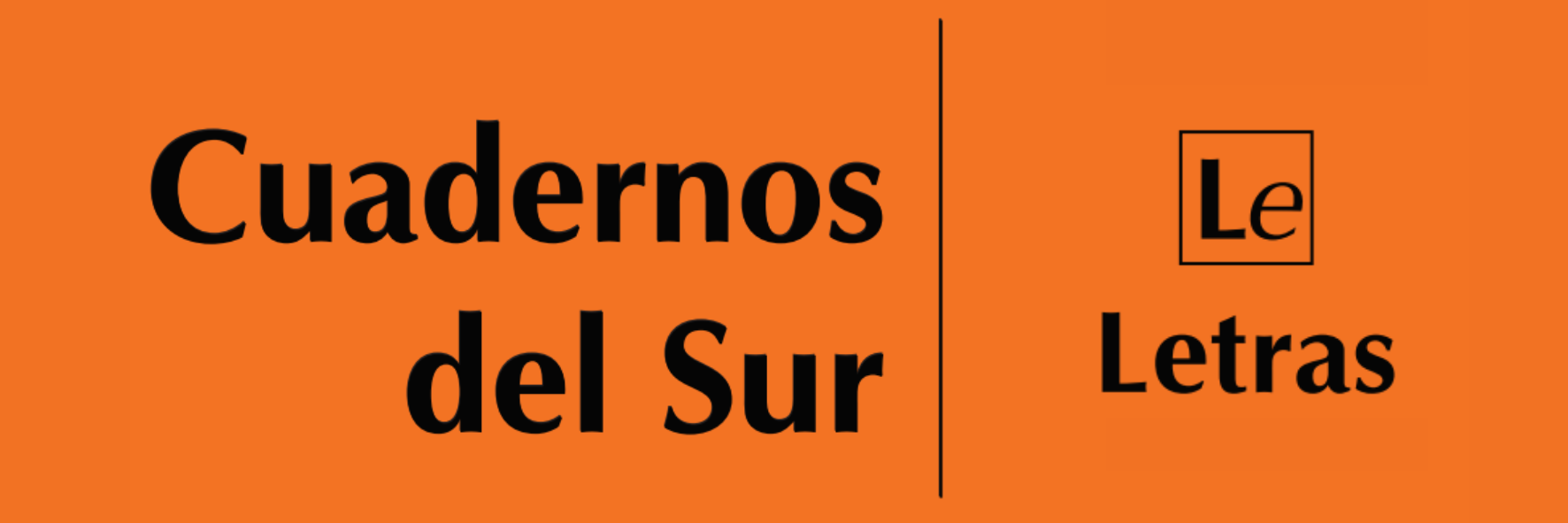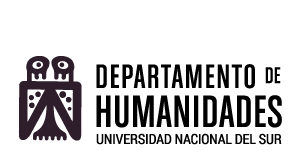La primera voz femenina del colonialismo italiano a la luz del concepto de interseccionalidad: revisitando Tre anni in Eritrea (1901) de Rosalia Pianavia-Vivaldi Bossiner
Keywords:
women’s history, Italian colonialism, travel storiesAbstract
This article approaches the book Tre Anni in Eritrea (1901) by Rosalia Pianavia Vivaldi Bossiner, first travel stories published by a woman in Italy, from the perspective of intersectionality, paying attention to the ways in which the author portrayed native otherness. Her work narrates her experiences and her appreciations of Eritrean space and society during her stay in Asmara between 1893 y 1896, while her husband, Colonel Domenico Pianavia-Vivaldi, was in service.
Even though both the author and her work have not been unattended by specific studies, those have not approached them through the lens of intersectionality, which we consider very useful in order to comprehend the shades that were characteristic of her position in the writing context. Thus, her aristocratic origin, her higher position in colonial hierarchy, her nationalism and eurocentrism, and her femininity intertwine through the chapters that recount her experiences in a context characterized by the presence of Italian military and settlers, and indigenous men and women.
Downloads
References
Pianavia-Vivaldi Bossiner, Rosalia (1901), Tre anni in Eritrea, Milán, L. F. Cogliati.
Aldrich, Robert (2019), “Gender and Travel Writing”, en Das, Nandini y Youngs, Tim (eds.), The Cambridge History of Travel Writing, Cambridge, Cambridge University Press, pp. 520-534.
Anderson, Carol (2008), On the Contrary: Counter-Narratives of British Women Travellers, 1832-1885, Tesis doctoral no publicada, Perth, University of Western Australia.
Ardanaz, Eleonora y Lazzari, Virginia (2018), “Las mujeres sudafricanas y su experiencia en los primeros campos de concentración del siglo XX. El reporte Hobhouse”, Cuadernos de Marte, nº 15, pp. 81-104.
Barrera, Giulia (2002), “Patrilinearità, razza e identità: l’educazione degli italo-eritrei durante il colonialismo italiano (1885-1934)”, Quaderni Storici, año XXXVII, nº 1, pp. 21-53.
Bassnett, Susan (2002), “Travel writing and gender”, en Hulme, Peter y Youngs, Tim (eds.), The Cambridge Companion to Travel Writing, Cambridge, Cambridge University Press, pp. 225-241.
Bonati, Isabella (2012), “La Sfinge Nera. L’Africa coloniale delle done”, en Frediani, Federica et al. (coords.), Spazi, Segni, Parole. Percorsi di viaggiatrici italiane, Milán, Franco Angeli, pp. 187-200.
Bridges, Roy (2002), “Exploration and travel outside Europe (1720-1914)”, en Hulme, Peter y Youngs, Tim (eds.), The Cambridge Companion to Travel Writing, Cambridge, Cambridge University Press, pp. 53-69.
Brown, Heloise (2018), “The truest form of patriotism”. Pacifist feminism in Britain, 1870-1902, Manchester, Manchester University Press.
Caine, Barbara y Sluga, Glenda (2000), Género e Historia. Mujeres en el cambio sociocultural europeo, de 1780 a 1920, Madrid, Narcea.
Calchi Novati, Giampaolo (1994), Il Corno d’Africa nella storia e nella politica. Etiopia, Somalia e Eritrea fra nazionalismi, sottosviluppo e guerra, Turín, Società Editrice Internazionale.
Camilotti, Silvia (2015), “Il viaggio delle donne nell’Africa coloniale italiana, tra conferma e trasformazione di sé”, en Camilotti, Silvia et al. (coords.), Leggere la lontananza. Immagini dell’altro nella letteratura di viaggio della contemporaneità, Venecia, Edizioni Ca’ Foscari, pp. 43-55.
----- (2019), “Tra parole e immagini. Tre anni in Eritrea di Rosalia Bossiner”, Italianistica, nº 10, pp. 261-268.
Carbado, Devon et al. (2013), “Intersectionality. Mapping the Movements of a Theory”, Du Bois Review, vol. 10, nº 2, pp. 303-312.
Carr, Helen (2002), “Modernism and travel (1880-1940)”, en Hulme, Peter y Youngs, Tim (eds.), The Cambridge Companion to Travel Writing, Cambridge, Cambridge University Press, pp. 70-86.
Crenshaw, Kimberlé (1989), “Demarginalizing the Intersection of Race and Sex: A Black Feminist Critique of Antidiscrimination Doctrine”, University of Chicago Legal Forum, vol. 1989, pp. 139-168.
----- (1991), “Mapping the Margins: Intersectionality, Identity Politics, and Violence against Women of Color”, Stanford Law Review, vol. 43, nº 6, pp. 1241-1299.
De Grazia, Victoria (1993), “Patriarcado fascista: las italianas bajo el gobierno de Mussolini, 1922-1940”, en Duby, Georges y Perrot, Michelle (dirs.), Historia de las Mujeres, vol. 5, Madrid, Taurus, pp. 158-192.
Facchinetti, Luigi (2019), Dalla Baia di Assab all’A.F.I.S. Storia della colonizzazione italiana in Africa Orientale, Tesis de Licenciatura no publicada, Trento, Università degli Studi di Trento.
García Ramón, María Dolors y Albet i Mas, Abel (1998), “Los relatos de mujeres viajeras. ¿Una mirada crítica sobre el colonialismo? Isabelle Eberhardt (1877-1904)”, Finisterra. Revista portuguesa de geografía, vol. 33, nº 65, pp. 99-108.
Giacomelli, Julieta et al. (2019), “Las representaciones del otro en The Brunt of the War and Where It Fell de Emily Hobhouse”, en De Paz Trueba, Yolanda et al. (coords.), Actas de las IV Jornadas de Investigación y Reflexión sobre Historia, Mujeres y Archivos, Tandil, UNCPBA, pp. 185-191.
Hall, Catherine y Rose, Sonya (2007), “Introduction: being at home with the Empire”, en At Home with the Empire. Metropolitan Culture and the Imperial World, Cambridge, Cambridge University Press, pp. 13-31.
Hester, Natalie (2019), “Italian Travel Writing”, en Das, Nandini y Youngs, Tim (eds.), The Cambridge History of Travel Writing, Cambridge, Cambridge University Press, pp. 206-220.
Hill Collins, Patricia y Bilge, Sirma (2016), Intersectionality, Cambridge, Polity Press.
Krebs, Paula (1992), “‘The Last of the Gentleman’s War’: Women in the Boer War Concentration Camp Controversy”, History Workshop Journal, nº 33, pp. 38-45.
Negash, Tekeste (1987), Italian colonialism in Eritrea, 1882-1941. Policies, Praxis and Impact, Estocolmo, Universidad de Upsala.
Polezzi, Loredana (2006), “The Mirror and the Map: Italian Women Writing in the Colonial Space”, Italian Studies, vol. 61, nº 2, pp. 191-205.
Pratt, Mary Louise (2011), Ojos imperiales. Literatura de viajes y transculturación, Buenos Aires, Fondo de Cultura Económica.
Rossi, Luisa (2005), L’altra mappa. Esploratrici, viaggiatrici, geografe, Reggio Emilia, Diabasis.
Said, Edward (2016), Orientalismo, México D.F., Penguin.
Seibold, Birgit (2011), Emily Hobhouse and the Reports on the Concentration Camps During the Boer War, 1899-1902: Two Different Perspectives, Stuttgart, Ibidem.
Stefani, Giulietta (2006), “Italiani e ascari: percezioni e rapppresentazioni dei colonizzati nell’Africa Orientale Italiana”, Italian Studies, vol. 61, nº 2, pp. 207-223.
Thompson, Carl (2011), Travel Writing, Nueva York, Routledge.
----- (2019), “Nineteenth-Century Travel Writing”, en Das, Nandini y Youngs, Tim (eds.), The Cambridge History of Travel Writing, Cambridge, Cambridge University Press, pp. 108-124.
Viveros Vigoya, Mara (2016), “La interseccionalidad: una aproximación situada a la dominación”, Debate feminista, vol. 52, pp. 1-17.
How to Cite
Issue
Section
License
Copyright (c) 2021 Bruno Cimatti

This work is licensed under a Creative Commons Attribution-NonCommercial-ShareAlike 4.0 International License.
Aquellos autores/as que tengan publicaciones con esta revista, aceptan los términos siguientes:
- Los autores/as conservarán sus derechos de autor y garantizarán a la revista el derecho de primera publicación de su obra, el cuál estará simultáneamente sujeto a la licencia Atribución-No Comercial-CompartirIgual 4.0 Internacional CC BY-NC-SA 4.0.
- Los autores/as podrán adoptar otros acuerdos de licencia no exclusiva de distribución de la versión de la obra publicada (p. ej.: depositarla en un archivo telemático institucional o publicarla en un volumen monográfico) siempre que se indique la publicación inicial en esta revista.
- Se permite y recomienda a los autores/as difundir su obra a través de Internet (p. ej.: en archivos telemáticos institucionales o en su página web) una vez publicado su trabajo, lo cual puede producir intercambios interesantes y aumentar las citas de la obra publicada. (Véase El efecto del acceso abierto).














